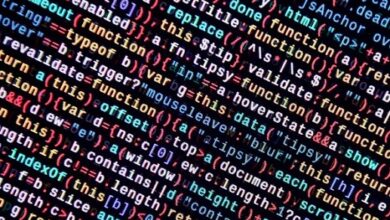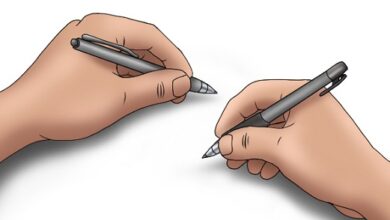What is Economic unit definition/concept
Every participant in a market economy that makes decisions and influences the economy is called an economic unit . It is worth noting that a market is made up of agents that produce and consume resources , tending towards efficiency in these activities (reducing costs and maximizing benefits). Economic units are subject to the laws of supply and demand, where with a higher price supply increases and demand decreases, and with a lower price demand increases and supply decreases.
Par excellence, the economic unit is a company that produces goods and services, in addition to creating value. Also, companies demand work in exchange for a salary , capital in exchange for interests, etc. It is for this extremely important entity that the continuous increase in productivity, process improvement, cost reduction, search for new markets, etc. take place. Economic unit
Another economic entity of great importance is the state that can make significant interventions in the economy and affect the behavior of companies. Thus, it can lower the interest rate , causing the economy to reheat due to lower credits; it may incur or pay debts, causing it to increase or decrease capital; it can increase public spending to reduce unemployment, etc. It is still customary to discuss in heated debates the role of the state in the economy, whether it should have a strong intervention in the market or let it regulate itself.
Another economic unit we can name is the family. In fact, families are large consumers of goods and services in order to satisfy their needs. They save or get into debt based on consumption and generally try to maximize their well-being.
It is of fundamental importance to understand the behavior of economic units during a given period of time in order to notice the circumstances that the economy is going through. In fact, the increase or decrease in consumption, production , liquidity, indebtedness capacity, are variables to be considered when it comes to giving a correct diagnosis of the climate that permeates the economy. That is why the behavior of economic units in the past must be contrasted with a present behavior, in order to perceive an evolution that enables an interpretation of current economic phenomena.




